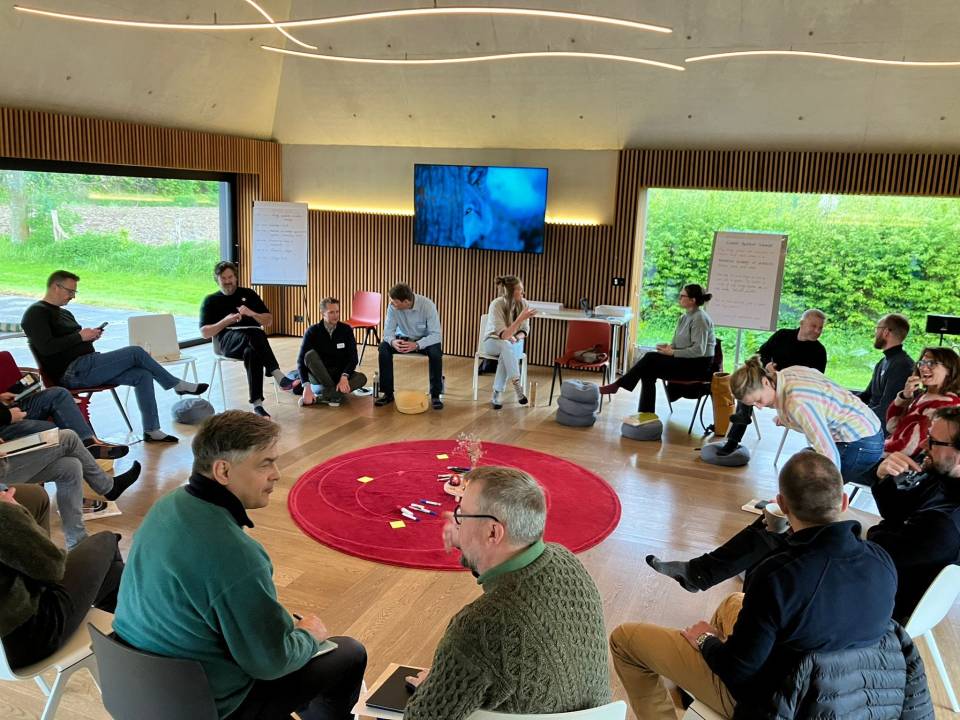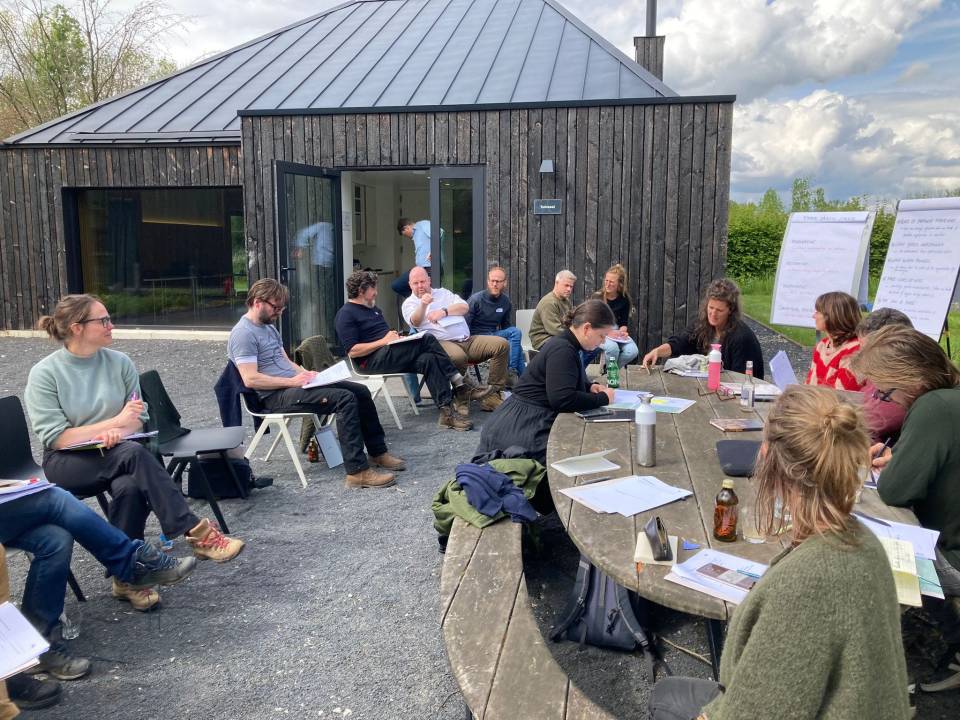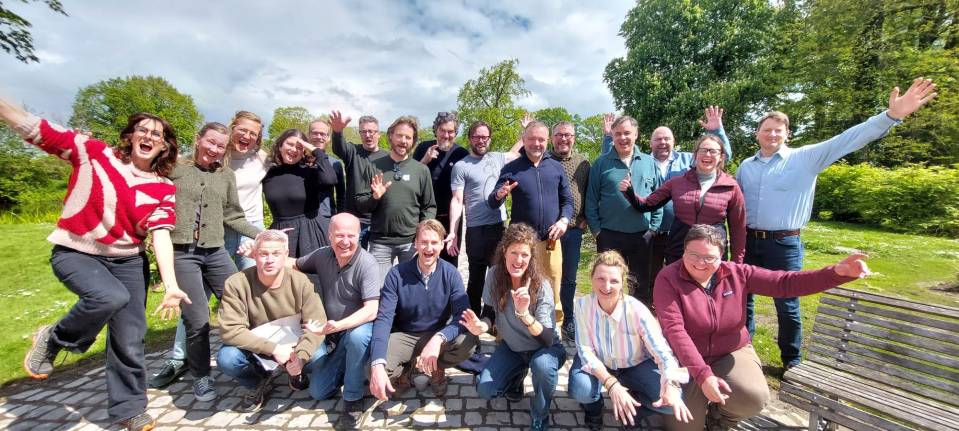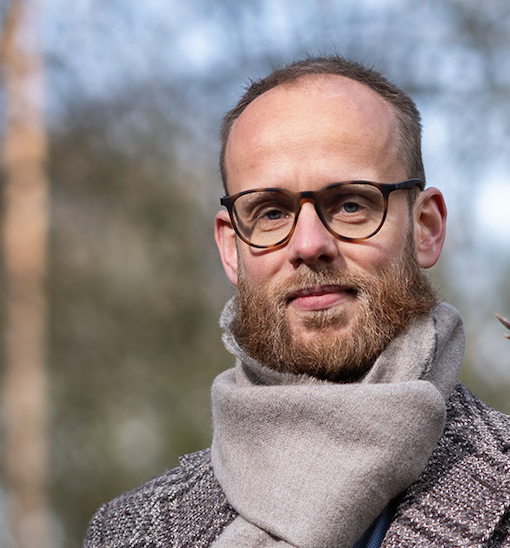


 English | EN
English | EN




This weekend, I had the pleasure of attending a Regenerative Business and Leadership retreat led by Leen Gorissen.
I learned so many things; regenerative thinking introduces a new paradigm centered on living systems. It goes beyond sustainability and fosters a growing, thriving community of change-makers. This approach doesn’t focus on the ‘good versus bad’ debate but rather on taking action and improving the value, health, and wealth adding capabilities of to the ecosystems and organizations with which we are involved.
As a newcomer to this way of thinking there is still much to learn. But after this weekend, I am convinced that regenerative thinking is the way forward. Here are three things I’d like to share with you:
Every being has its own Umwelt and way of being. However, it’s still easier to relate to another human than to an octopus or a bee. This 360° Virtual Reality movie on YouTube aims to help us see the world through the eyes of bees. Give it a try 🙂
An immersive nature documentary in VR/360°, letting you see with the senses of a bee. Designed in collaboration with world-leading scientific research into bee perception and behaviour. To explore the environment switch to fullscreen then:
(1) Swivel / rotate your device if on a smartphone or pad
(2) Click and drag on the video if on a computer
(3) Gaze around if on a VR headset
One of my main insights from last weekend was the relationship between a wolf and its ecosystem. Instead of merely taking lives, wolves add tremendous life to an ecosystem. They can even change the course of rivers. I used to think in linear terms: a wolf eats deer. But reality is much more complex; there’s a cascade of effects. Even the local climate changes. T
he main point is not necessarily whether every country should reintroduce wolves. Rather, it’s about this shift in thinking and understanding nature; from linear to living ecosystem thinking.
This beautiful short video clip opened my eyes:
Another takeaway from last weekend was the idea that a healthy and wealthy economy is synonymous with a healthy and wealthy ecology. A theoretical framework for this concept can be found in this paper about regenerative economics.
Some quotes / paraphrases from the paper (and from Leen Gorissen):
My aim is to digest all these insights to better understand the role technology and AI can play to improve the systemic wealth and health generating capabilities of living systems such – e.g. individuals, organisations, and planet. It’s a long journey, but I hope it will aid in building a regenerative discourse in how we think about and create IT and AI.
If you are reading this newsletter you’re probably a pioneer in your thinking and field. Let me know if you have any reading suggestions, people I should meet, or want to share your thoughts.